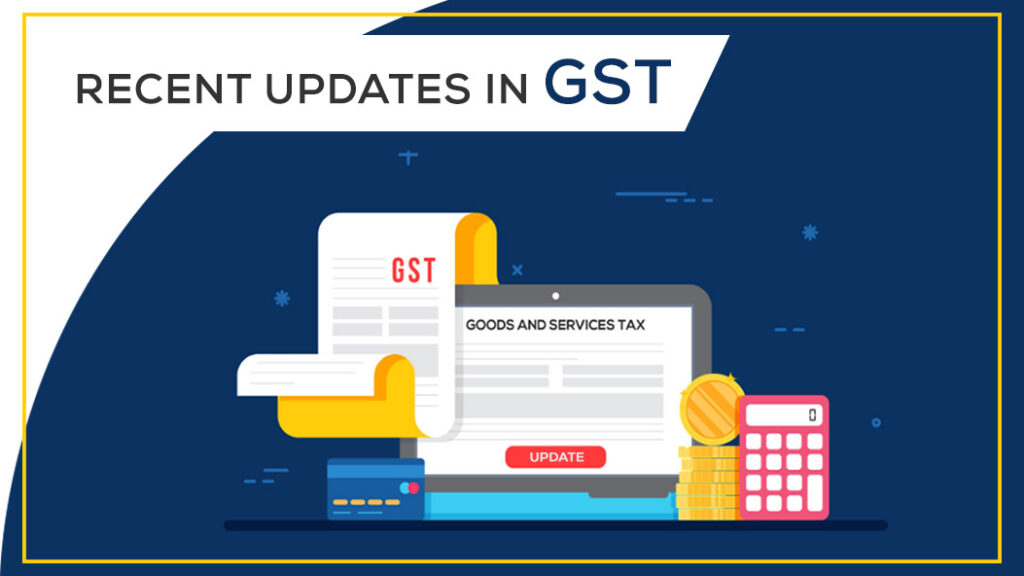
Praja Arogya Vedika (PAV), an affiliate of Jan Swasthya Abhiyan, recently appealed to Finance Minister Nirmala Sitharaman to address the impact of Goods and Services Tax (GST) on life-saving essential medicines. In a letter to the Finance Minister, PAV’s general secretary T. Kameshwar Rao and president M.V. Ramanaiah highlighted the varying GST rates imposed on these critical drugs, ranging from 12% to 28%. While they acknowledged the government’s recent decision to reduce the GST on electronic products, including mobile phones, electronic components, and certain imported cancer treatments, they expressed concern that such costly medications remained unaffordable for a large portion of the population.
PAV urged the government to reconsider the GST on essential medicines, emphasizing the need to lower the financial burden on patients. They argued that healthcare expenses already constitute a significant proportion of household income, particularly in the aftermath of the COVID-19 pandemic. The current allocation of financial resources to the healthcare sector is limited and frequently falls below 1% of the Gross Domestic Product (GDP). Against this backdrop, Mr. Kameshwar Rao and Dr. Ramanaiah requested the Finance Minister’s intervention in reversing the 12% GST imposed on life-saving and vital pharmaceuticals.
In addition to reversing the GST on essential medicines, PAV also called for the abolition of GST on other health products. They emphasized the importance of making healthcare more accessible and affordable to all segments of society. By removing the GST burden on these additional health products, PAV aims to alleviate the financial strain faced by individuals seeking various healthcare necessities.
The cost of life-saving essential medicines has been a longstanding concern, especially for individuals from low-income backgrounds who struggle to bear the financial burden of their healthcare needs. While the government has taken steps to reduce GST rates on certain goods, PAV argues that more comprehensive measures are necessary to address the affordability of essential medicines. By reducing or eliminating the GST on these critical drugs, the burden on patients can be significantly reduced, making them more accessible to a larger number of individuals in need.
The healthcare sector plays a crucial role in any country’s development, and ensuring access to affordable medicines is a fundamental aspect of a well-functioning healthcare system. Despite the importance of healthcare, financial allocations to the sector in India have often been insufficient, falling below 1% of the GDP. PAV highlights this disparity and calls for increased attention to the healthcare sector, including the reduction of GST on life-saving and essential medicines.
In conclusion, Praja Arogya Vedika, an affiliate of Jan Swasthya Abhiyan, has appealed to Finance Minister Nirmala Sitharaman to reverse the impact of GST on life-saving essential medicines. They have highlighted the high GST rates imposed on these critical drugs and the financial burden it places on patients. PAV has requested the Finance Minister’s involvement in overturning the GST on essential medicines and abolishing the GST on additional health products. Their aim is to make healthcare more affordable and accessible, particularly in the wake of the COVID-19 pandemic, and to alleviate the financial strain faced by individuals seeking life-saving medications and other healthcare necessities.


One Response